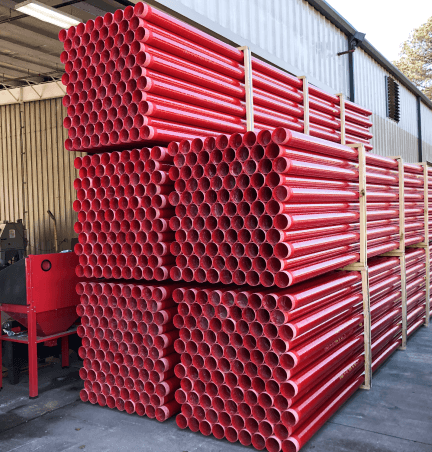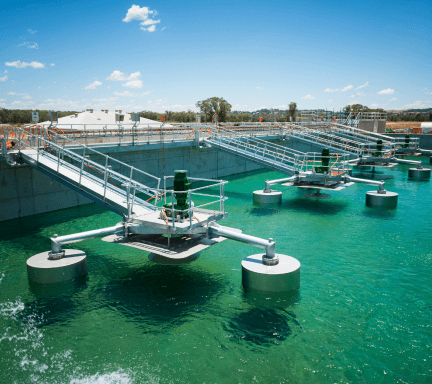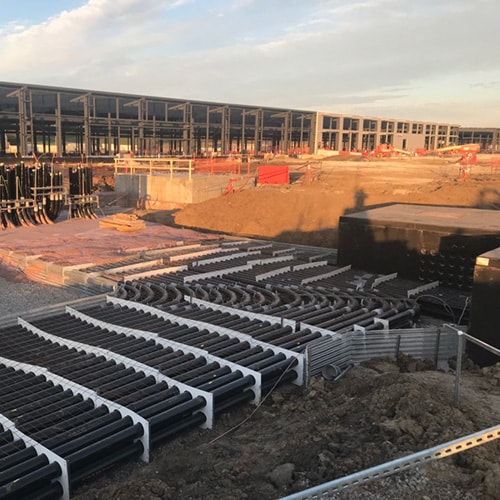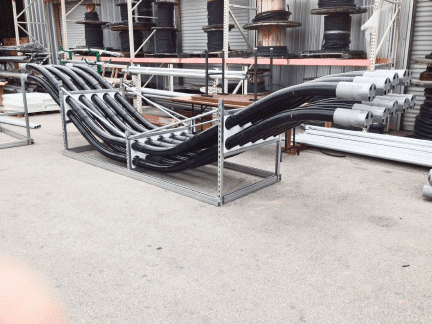Conduit, built to route and safeguard electrical cabling and infrastructure, is often an afterthought when it comes to overall project specification. Conventional conduits are fashioned from a common plastic called Polyvinyl Chloride (PVC), steel or steel that is coated in PVC. In recent decades, project owners, engineers and contractors have sought to optimize project economics, streamline installation and ensure long-term performance, adopting fiberglass conduit for an increasing number of industrial and commercial installations. As hundreds of projects in the field have revealed, this modification in material specification has resulted in a significant overall impact to project and facility economics.
April 6, 2022
Champion Fiberglass vs. PVC-Coated Steel
Conduit, built to route and safeguard electrical cabling and infrastructure, is often an afterthought when it comes to overall project specification. Conventional conduits are fashioned from a common plastic called Polyvinyl Chloride (PVC), steel or steel that is coated in PVC. In recent decades, project owners, engineers and contractors have sought to optimize project economics, streamline installation and ensure long-term performance, adopting fiberglass conduit for an increasing number of industrial and commercial installations. As hundreds of projects in the field have revealed, this modification in material specification has resulted in a significant overall impact to project and facility economics.












